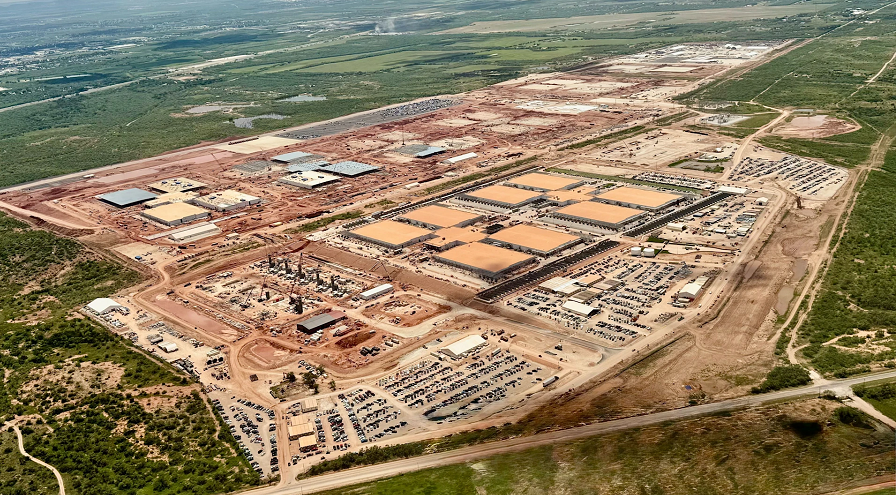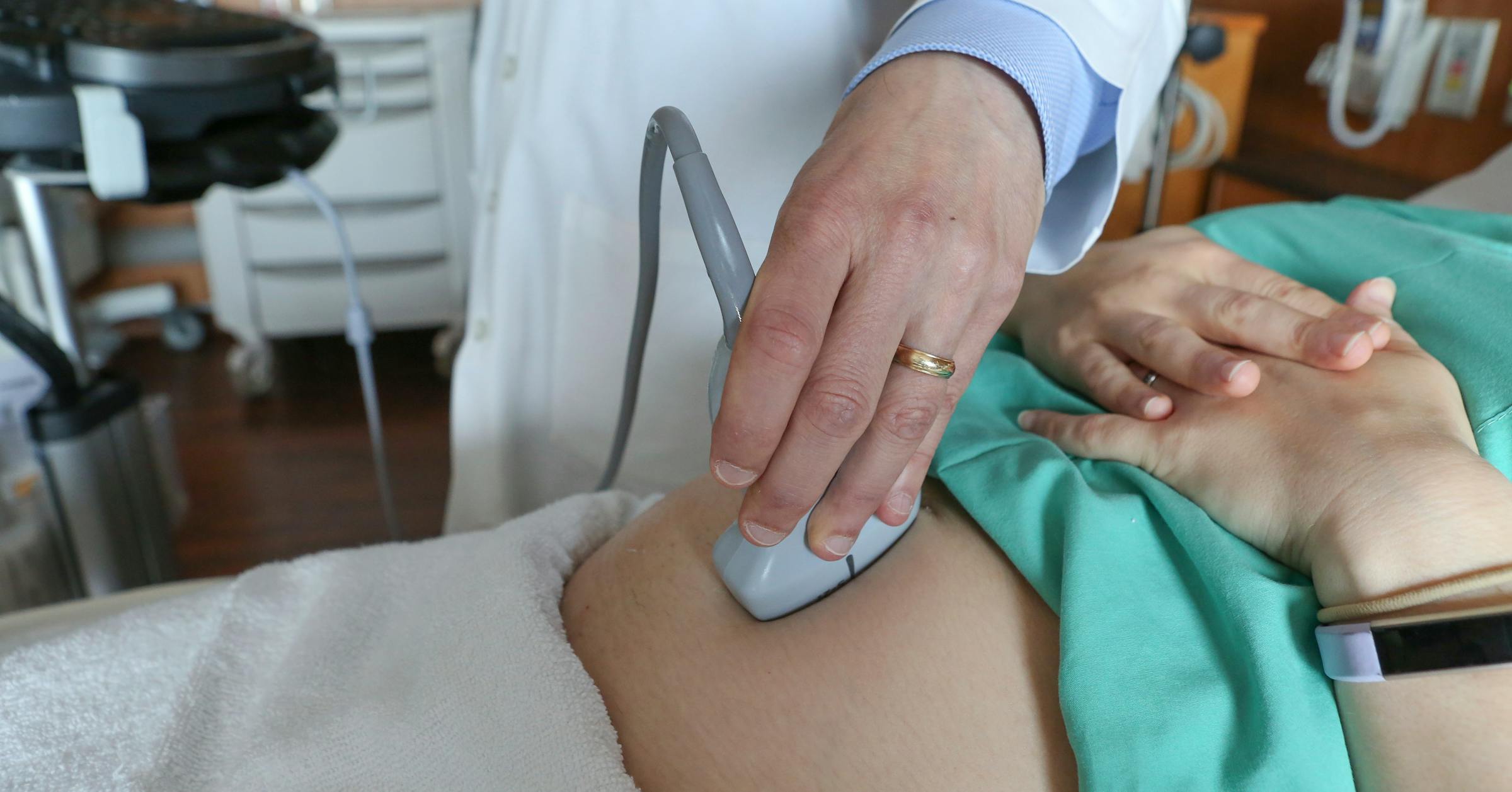Copyright SiliconANGLE News

OpenAI Group PBC has asked the White House to make a tax credit for chip fabs available to artificial intelligence data center builders. Bloomberg reported the request today. OpenAI asked for the tax credit and several other AI industry incentives in a Oct. 27 letter to Michael Kratsios, policy director at the White House Office of Science and Technology. The document was penned by Christopher Lehane, the AI provider’s chief global affairs officer. The 2022 CHIPS and Science Act made $280 billion worth of financing available to the U.S. semiconductor industry. Grants make up about a fifth of the sum, while the remainder takes the form of other incentives. Those other incentives include a tax credit known as AMIC. It provides a 35% tax rebate for investments in chip fabs and factories that make semiconductor manufacturing equipment. OpenAI’s letter asks the White House to significantly expand the scope of AMIC. In particular, the ChatGPT developer proposes to make the 35% rebate available for AI data centers and AI server makers. OpenAI would be among the largest beneficiaries of such a move: The company plans to build $500 billion worth of AI data centers in the coming years. The AI provider argues that AMIC should also be made available to electrical grid component suppliers. According to OpenAI, the list of eligible components should include transformers and the so-called electrical steel from which transformers are made. Standard steel is made of iron and carbon. The electrical version replaces carbon with silicon, which reduces the amount of energy that is lost on its way from the power plant to end-users. “Broadening coverage of the AMIC will lower the effective cost of capital, de-risk early investment, and unlock private capital to help alleviate bottlenecks and accelerate the AI build in the US,” Lehane wrote in the latter. OpenAI proposes that the U.S. government also introduce other incentives for the AI sector. The company says those incentives could include grants, cost-sharing agreements, loans and loan guarantees. OpenAI argues that the financing should be made available to, among others, suppliers of copper, aluminum, electrical steel and rare earth elements. “Direct funding could also help shorten lead times for critical grid components — transformers, HVDC converters, switchgear, and cables — from years to months,” Lehane wrote. OpenAI sent the letter to the White House shortly before Sarah Friar, its chief financial officer, suggested the government could “backstop the guarantee that allows the financing to happen” in AI data center deals. She walked back the comments earlier this week. White Office officials indicated that backstopping AI infrastructure loans is not under consideration. OpenAI’s 11-page letter also includes various other requests. The company is proposing that the government create a strategic reserve of the raw materials needed to make AI systems. Additionally, OpenAI argues that the U.S. should add 100 gigawatts of power generation capacity every year.



